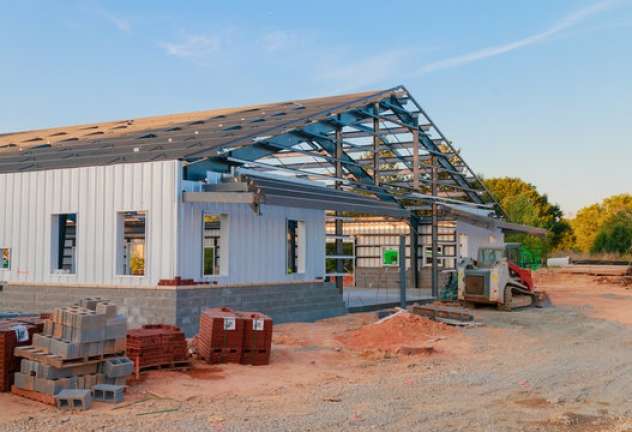The concept of smart cities has been emerging at a staggering pace due to the significant improvements in the quality of life and the increasing urban development in the recent years. The enormous advancements in information and technology along with the communication sector has led to the development of smart cities.
A smart city is an urban region that uses different electronic techniques in order to collect data and use this data to manage services and resources effectively and efficiently. The main features of a smart city are dynamic, sustainable, innovative, and resource-efficient. The use of smart technologies in urban areas results in robust infrastructures, high-cost effectiveness, and a developed experience of living.
The idea of a smart city is quite old, having its origins in the 1990s, and has been developing vigorously ever since. The trends and benefits of smart cities are efficient traffic management systems, effective resource management, reliable public safety, area-wide WIFI, and workable waste management systems.
Development Of Smart Cities
The expansion of smart cities does not necessarily include the adoption of new technologies. In fact, it is the optimum utilization of the already existing data collection and analysis systems. Smart cities face major problems like a surge in the population, lack of proper infrastructure, increased unemployment, and high crime rates. By making use of advanced forms of technology and integrating various electronic systems that are interfaced with the networks that can ensure effective solving of the rising problems.
Smart cities can grow exponentially by addressing the growing issues which are linked to urbanization that have resulted in environmental, economic, and social issues in an extensive manner without losing the abundant opportunities available. The vision of the smart city is to engulf the accelerating technological advancements and modern urbanization to adapt to a better standard of living to improve the day-to-day living of the smart city citizens.
The Future Of Smart Cities
The future of smart cities looks exhilarating with an opportunity of enabling fully automated Artificial Intelligence systems for the functioning of the city which will ensure a safer and simpler way of living. Smart cities aim at opting for better resource management and mechanisms to protect their privacy and security. There is a higher scope of adopting better policies that will safeguard and protect the citizens in terms of better collaborations between the government and the citizens that will prove to be critical to facilitate a rational decision-making process.
The main purpose of the smart city development is to absorb as many new advancements as possible (Like the Internet of Things) in order to provide the residents of the city with better living norms, safety measures, improved communication systems, improved infrastructure, convenient transportation systems, cohesive resource management, better power systems to ensure an improved living.
Smart cities intend to choose digital solutions for a liveable future and have innumerable growth opportunities to transform themselves and set them apart by drifting from the conventional methods of living and embracing the new developments in order to empower the citizens to shape the future of their homes.
This article is based on ideas by Tristan Pollock.
















